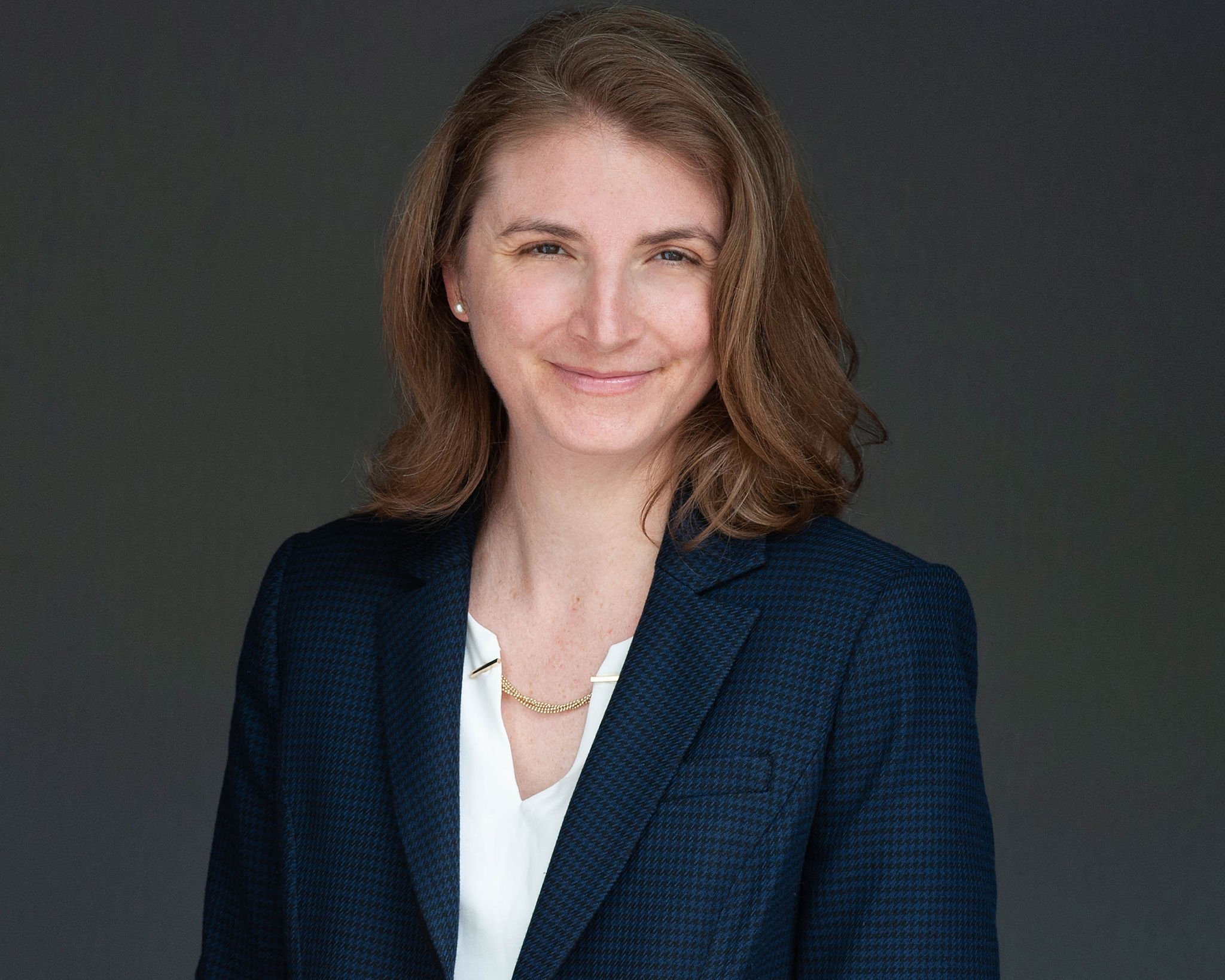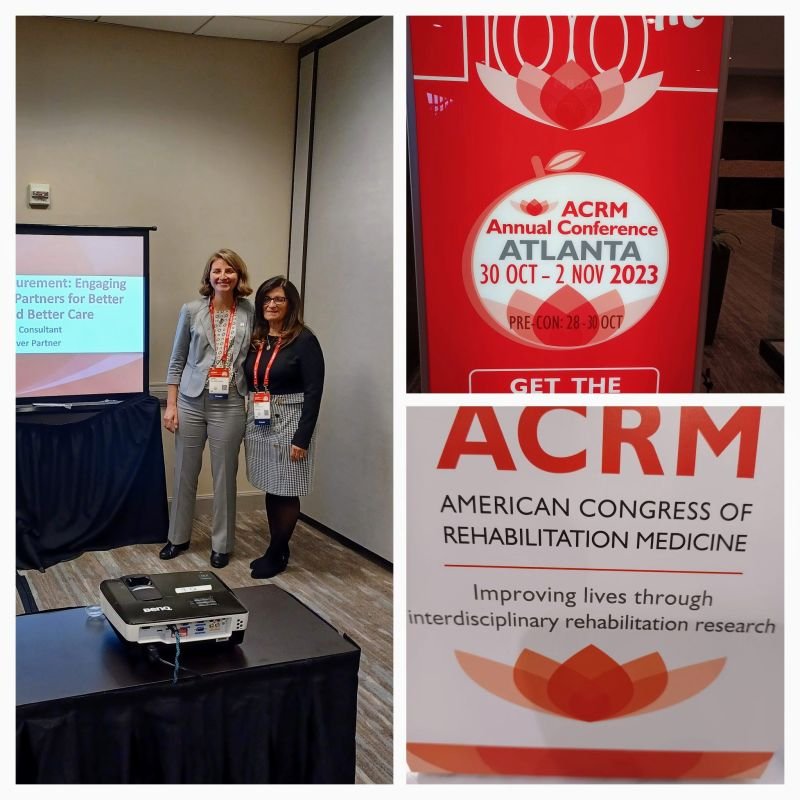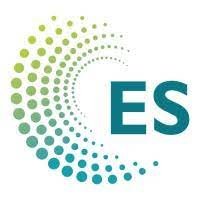Ellen Schultz
Email: ellen.schultz@emschultzconsulting.com



About Ellen
Through her consulting business, Ellen Schultz, MS, helps clients from across health and human services align measurement with what matters most to the people they serve. She focuses on measurement because using data to tell stories grounded in lived experience is one way to unblock progress toward a more equitable future. She helps researchers, policymakers, and change agents partner with patients and community members to design measurement strategies that re-orient systems around people. Her recent work includes evaluating a program to increase resident and staff vaccination within long-term care settings, rethinking what “value” means within cross-sector collaboratives, and embedding principles for patient-centered measurement within two new palliative care measures. In past work she developed and validated quality measures for a variety of patient populations, settings, and care processes. Prior to opening her own consulting firm, Ms. Schultz worked as a Senior Researcher at the American Institutes for Research where she directed health policy research projects for Federal and Foundation clients with an emphasis on measurement, partnership, and centering people. She has served on multiple expert panels, advisory groups, and round tables focused on measurement, including National Quality Forum Steering Committees. Ms. Schultz has a MS in life sciences communication from the University of Wisconsin-Madison and a BA in biology and French from Washington University in St. Louis.
About Advancing Equity through Measurement
Measurement is a process of using data to tell a story. Some measures tell stories of progress toward goals, others focus on impact, accountability, or learning. What we measure reflects our thinking about what matters, how the world works, and what’s possible.
When we keep using the same types of measures in the same ways, we end up telling the same stories over and over. We inadvertently reinforce the status quo, creating barriers to our own change efforts.
For measurement to work toward a future where everyone has fair and just opportunities to thrive, we must use it to tell new and different stories. This requires centering equity in why and how we use measurement— and in who does the measuring.










